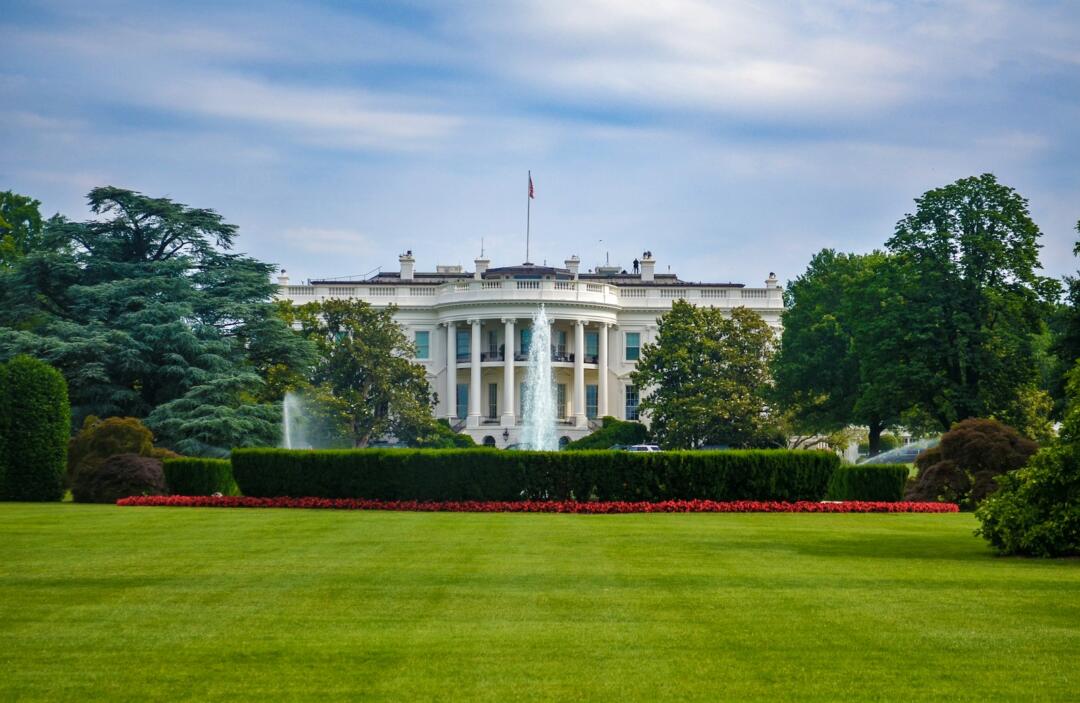The Supreme Court of Canada has upheld a home-growing ban in the French-speaking province of Quebec.
Federal law permits Canadians to grow up to four plants per household, but the Quebec government prohibits it.
Janick Murray-Hall challenged the ban in 2019. Quebec’s Superior Court ruled that, indeed, it was unconstitutional. But the Quebec government continued to appeal.
Last Friday, the Supreme Court of Canada disagreed with the Quebec Superior Court ruling and sided with the government.
Accordingly, legalization is about public health and safety, not your individual rights. Therefore, the Quebec government’s prohibition meshes well with the stated goals of federal legalization.
Details of Supreme Court Upholding Quebec Home-growing Ban
On what justification would the Supreme Court uphold the Quebec home-growing ban? Simple: cannabis legalization has nothing to do with your rights.
The Supreme Court said we shouldn’t interpret the law permitting home cultivation as “a positive right to self-cultivation.”
The ruling reads:
It is true that, in everyday language and even in the speeches of some parliamentarians, the creation of exceptions or exemptions under a scheme of criminal offences is often described as a ‘legalization effort,’… However, this way of speaking is incorrect and falsely suggests that positive rights authorizing particular conduct have been granted to the public.
At least now, we have it in writing. Legalization is not about your right to bodily autonomy. It is a privilege that Parliament or the courts can take away should they deem it counter to the goals of “public health.”
Or, as the ruling reads:
The Quebec legislature saw the possession and personal cultivation of cannabis not as a social evil to be suppressed, but rather as a practice that should be prohibited in order to steer consumers to a controlled source of supply.
In other words: you’re too dumb to make decisions for yourself. The Quebec government doesn’t trust you to get high on your own supply.
Follow the Money
So it goes in a province that also bans certain edibles based on the value judgements of one man.
In reality, banning home-growing likely has more to do with money. Quebec has the Société québécoise du cannabis (SQDC), a government agency that has complete control of the cannabis market in Quebec.
While other provinces like Ontario or British Columbia will use government wholesales but permit private retail stores, in Quebec, everything is done through the SQDC.
It’s little wonder the Quebec government doesn’t want anyone home-growing and legally gifting their cannabis. It would cut into their monopolistic profiteering.
The Supreme Court is a Joke
Canada’s Supreme Court upholding the Quebec home-growing ban is another example of this institution’s uselessness.
Upon hearing the ruling, the lawyer representing the appellant told the Canadian press, “There is certainly some disappointment, but it is the decision of the highest court, it’s a constitutional decision and we don’t have much choice but to rely on this.”
And while that’s what you’d expect to hear from a professional lawyer who likely doesn’t want to be disbarred – some of us don’t have to worry about offending Supreme Court justices.
In fact, it’s about time this sacred institution faced some scrutiny.
Judicial activism is a charge often lobbied at Canada’s Supreme Court. And for good reason. Whenever the Court uses its power to influence policy instead of interpreting the law, they engage in judicial activism.
And since adopting the Charter of Rights and Freedoms as the be-all, end-all of individual Canadian rights, our system has rewarded judicial activism. Meanwhile, the principle of parliamentary sovereignty, the foundation of Canada’s democracy, has been lost.
Even among conservatives and libertarians, people cling to the Charter as the source of our freedoms.
But in doing so, we permit an unelected elite council of nine to rule over 38 million people and make “expert” opinions regarding their rights.
Our One Remedy: The Notwithstanding Clause
The Supreme Court of Canada upheld the home-growing ban in Quebec. The lawyer for the appellant said it’s a constitutional decision and “we don’t have much choice” but to accept it.
Except we don’t.
For one, Parliament itself can amend the Cannabis Act to clarify that home growing is a protected right of all Canadians.
But suppose the Supreme Court upends this legal framework enacted by a democratically elected legislature (as they’re fond of doing).
Suppose the Supreme Court makes a narrow, selective interpretation of the Charter that says: no matter what the House of Commons votes for, the Quebec government has a right to ban home-growing.
In that case, Parliament still has the notwithstanding clause.
At least, for now. Lately, there’s been concerted efforts by the far-left to eliminate this democratic remedy to Supreme Court absolutism.
And with today’s “I Support the Current Thing” social cult, the campaign to remove the Notwithstanding Clause may get some traction.
Especially when it’s conservative parties using it to undo leftist damage.
The Supreme Court Quebec Home-growing Ban Typical of Past Decisions
The Supreme Court siding with Quebec for their home-growing ban is typical of past decisions made by this body.
Look no further than Dr. Brian Day’s Cambie Surgery Centre. For 14 years, he’s been engaged in legal battles over his for-profit surgery clinic.
Last week, the Supreme Court declined to hear his case that they should have private health services read into the Charter‘s Section 7 right to life, liberty, and security of the person.
But the Court said no. If the Soviet health care system has left you suffering, even dying, Canada is a country where you have a right to end your life but no right to pay for the services that can heal you.
The Supreme Court isn’t a nonpartisan, “neutral,” transparent decision-maker. It’s an unelected council of ideologically-possessed individuals.
And I mean that in a positive way.
The Myth of the Legal Objectivity
After all, as legal scholar John Hasnas has pointed out, “The stability of the law derives not from any feature of the law itself, but from the overwhelming uniformity of ideological background among those empowered to make legal decisions.”
For centuries, that uniform ideology was the Greco-Roman, Germanic, and Judeo-Christian worldview. Especially the parts that recognize and celebrate the individual and the power of forgiveness and redemption.
Now? It’s far-left theories that use mob mentality to achieve their anti-liberal goals.
It’s about the benevolent state and belief in the power of governments to displace or even outperform civic institutions and free markets.
Or, even worse, the belief that state and society are one of the same. So one comes to think of oneself as part of the “government.”
Where decisions that are clearly about money and power become about “public health and safety.”
Where the Supreme Court upholds a home-growing ban in Quebec but permits private health care. Unless you’re an English-speaking Canadian. Then you can’t get private health care but feel free to grow up to four plants per household.
It’s true: Canada is broken.

 Cannabis News2 years ago
Cannabis News2 years ago
 One-Hit Wonders2 years ago
One-Hit Wonders2 years ago
 Cannabis 1012 years ago
Cannabis 1012 years ago
 drug testing1 year ago
drug testing1 year ago
 Education2 years ago
Education2 years ago
 Cannabis2 years ago
Cannabis2 years ago
 Marijuana Business Daily2 years ago
Marijuana Business Daily2 years ago
 California2 years ago
California2 years ago

























